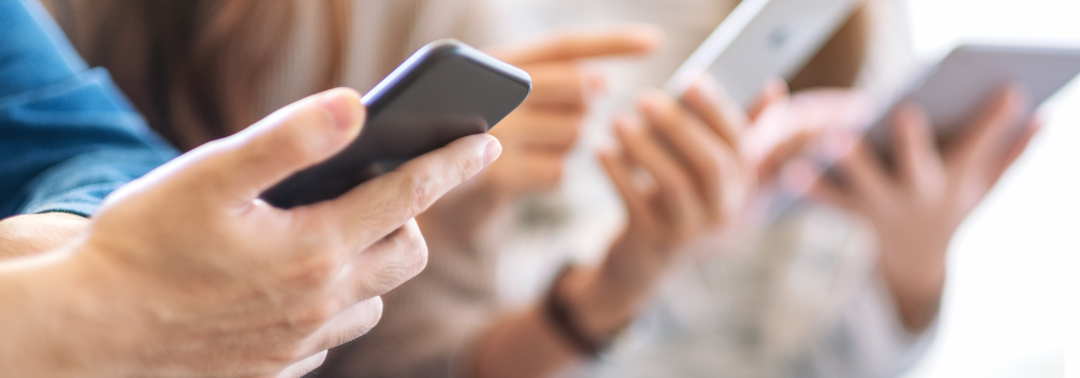There has been a lot of hand-wringing in the past several years over whether smartphones are good for us. The issues are as varied as the developmental effects of screen time on young children to how Twitter is affecting our democracy. Some tech insiders have blown the whistle on intentionally addictive design features in apps while studies have raised worries about everything from impaired driving to increased risk of depression. Some of this evidence is murky or contradictory but there are some good reasons to believe that your recovery will benefit if you spend less time on your phone.
Your phone is probably harming your mental health.
The most contentious allegation about smartphones is probably that they increase your risk of mental illnesses like anxiety and depression. Some researchers insist there is an obvious problem while others say these worries are overblown and rely too heavily on population studies, especially of teens and young adults who are already at greater risk of mental health issues. However, at least one intervention study suggests that limiting your social media engagement can reduce your feelings of loneliness and depression. In this study, students who limited their social media use to 30 minutes a day reported feeling less lonely and depressed at the end of three weeks.
Other studies have focused on the ways that social media promotes unhealthy social comparisons. One study found that participants who were asked to compare themselves to acquaintances on Facebook felt worse about themselves even when they felt they compared favorably to others. For most people, limiting social media use to 30 minutes is not a huge sacrifice to feel better.
When you’re looking at your phone, you’re ignoring the people around you.
Feeling socially connected and having strong relationships with other sober people is one of the most important parts of recovery. Unfortunately, being addicted to your phone can undermine your relationships in such a way that you don’t even notice. When you’re focused on your phone, you’re not paying attention to the people around you. You may think you’re one of the few people who can multitask effectively but you’re probably not. If you’re looking at your phone while someone is talking to you, you’re not really listening and that person knows it. It’s just not obvious to you because you’re preoccupied with something else. Do a little experiment: for the next week, put your phone away whenever you’re talking to someone and see how it affects your interaction.
Your phone devours your time.
Finally, your phone is basically a black hole that devours your time. Most people don’t realize how much time they spend on their phones. A quick look at Facebook or Instagram can easily stretch into half an hour. Just two such “quick looks” a day eats an our and you don’t even notice. Your time is valuable, especially in recovery. You could be using that time to go to a meeting, write in your journal, exercise, meet up with friends, or work on a new hobby. If you try cutting back on your phone time, you may be amazed how much extra time you have in your day.
Building a strong recovery is about more than abstinence; it’s about thriving. It’s about devoting your time to the things that mean the most to you instead of wasting your life with drugs, alcohol, or even Facebook. At Tree House Recovery of Portland, Oregon, we help men build better lives, free from addiction. Call us today at (503) 850-2474 to learn more about our programs.




